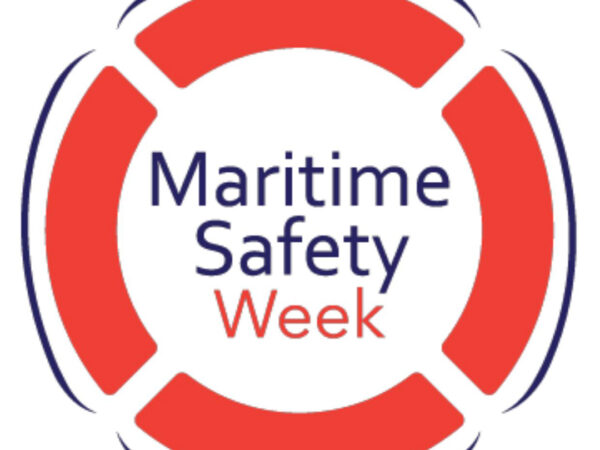As part of Maritime Safety Week, we invited Mark Dickinson, General Secretary of Nautilus International, to comment on why the sharing of information is not just crucial within the industry, but also with third parties to ensure safety is standardised across the sector.

General Secretary, Nautilus International
The maritime industry is the central nervous system of the UK and global economy. Some 95% of goods entering and leaving the UK do so through one of our many ports. The past few years have seen an unprecedented set of challenges. From Brexit, war in Europe, the ruthless and illegal sacking of 800 UK seafarers and of course a global pandemic.
COVID-19 demonstrated just how vital maritime trade is in ensuring that supermarket shelves remain stocked, that petrol stations are replenished, and the vital medicines and equipment we need remained readily available. In the UK there was a recognition of the importance of maritime, as we were one of the first countries to identify seafarers and port staff as key workers after campaigning from Nautilus and others.
Our industry, while strategically vital, remains hazardous. Workplace injuries are all too common and sometimes tragically lives are lost. We must commend Port Skills & Safety for its work in bringing together unions, employers, and safety experts to tackle these issues. Only through constructive dialogue between stakeholders can we ensure our ports are safer workplaces for our people.
Fatigue consistently ranks as a top priority among Nautilus members, this is particularly prevalent on the intensive ferry routes such as Dover-Calais. A 2012 report by Professor Andy Smith of Cardiff University concluded that fatigue should be treated as a health and safety issue as it could compromise safety onboard.
Lashing by seafarers creates another safety issue. Nautilus believes that this should be carried out by trained stevedores not over worked and fatigued seafarers. Cargo work, lashing and unlashing, is dockers work.
One of the conclusions of the 2012 report was for regular and constructive dialogue between the stakeholders, unions, and employers. This is critical.
We have been engaging with industry representatives and government on our ‘Fair Ferries Strategy’. Our proposal includes safe rostering patterns, proper records of hours worked, permanent employment, basic training requirements and appropriate hours of rest. It is a comprehensive and concrete proposal building a framework creating a genuine level playing field for the ferry industry. Unions and employers working together in the spirit of collaboration and partnership is the best, indeed, the only way, to affect positive and crucially lasting change.
Technological innovation and automation are changing the future of work. As a Union, we do not seek to fight change, but people must be at the centre of that change and benefit from that progress.
Our maritime professionals must be given the opportunity to train and learn new skills so they can be active participants in the future of the maritime industry, an industry they already know, and many will have worked in for their entire lives. Investing in our workforce so more seafarers can transition from sea to shore and vice versa, that allows for all workers to upskill and reskill, to embrace the technology of the future is in all our interests. We can create a high skilled workforce fit for the future if we utilise the skills and knowledge that exist today. We must commit to a just transition to protect our key workers – seafarers and port workers.
‘Protecting quay workers’ means working together to confront the issues of today. We must acknowledge the challenges and work together to make our industry safer, more sustainable, and better for all our people.
Join Us
Find out more about the benefits of being a PSS member and how to apply.

